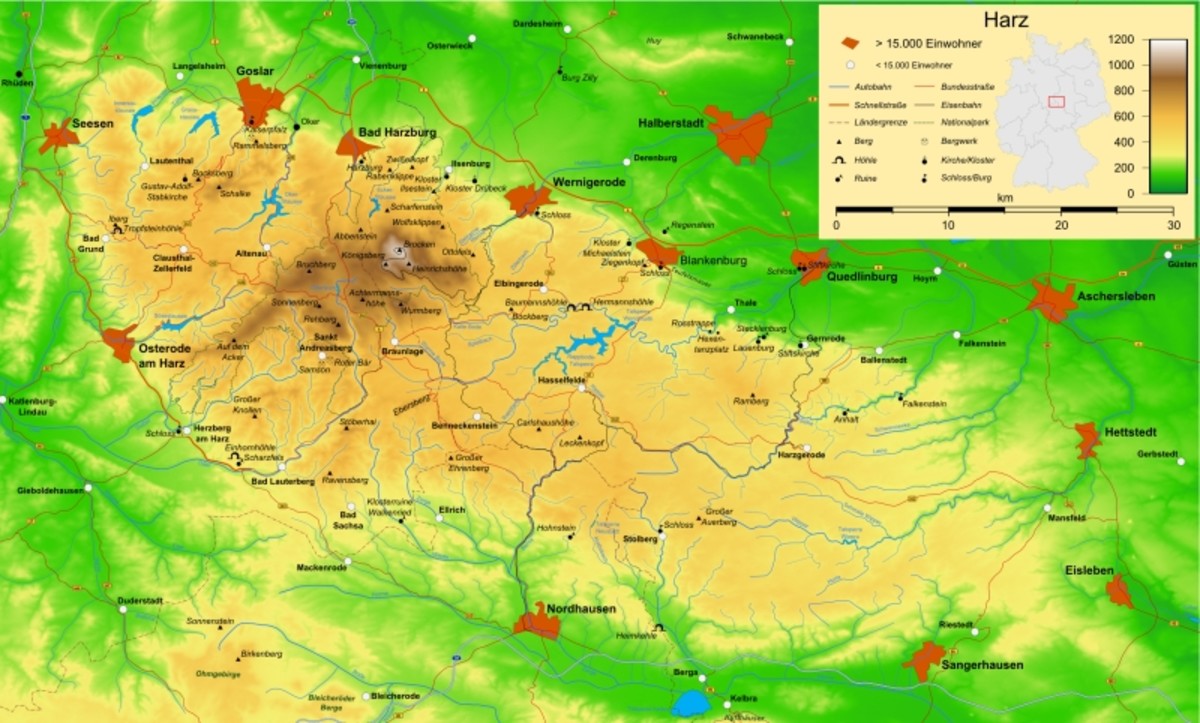Cryptocurrency mining impacts negatively on human health and the environment
Bitcoin farm

Cryptocurrency mining affects the environment
Cryptocurrency is an online-based type of currency transaction that functions only in the digital world utilizing a decentralised peer-to-peer network of exchange, produced and recorded by the cryptocurrency environment. Miners undertake a process of solving highly complex computing algorithms that ensures a protective cryptographic authenticity of any digital transaction and are compensated in units of the cryptocurrency itself. A blockchain is created when digital records of blocks of exchanges are combined together. The flip side of this popular online-based business is that the mechanism which produces these currencies require enormous amounts of energy.
In a recently published article in Energy Research and Social Science journal titled Cryptodamages: Monetary value estimates of the air pollution and human health impacts of cryptocurrency mining, by using pre-existing information on cryptocurrency energy use and various economic valuation parameters, 3 economics researchers in the University of New Mexico assessed the techniques used in cryptocurrency mining and deduced their impact on the environment, attaching a monetary value to cryptocurrency mining activities.
In a world where climate change action is been given much attention, economist do play important roles in helping to understand the downsides of different economic activities and technologies. Hence, these researchers who are experts in estimating the monetary damages, health implications and environmental impacts of various economic activities and sectors analyzed large-scale independent cryptocurrency mining camps situated in areas around the world which offer low cost energy options and affordable fast internet connections
These economists discovered that even though these mining activities in those above mentioned areas do create financial value, the increasing energy demand in terms of electricity needed for the digital operation to produce one bitcoin creates a negative social impact in terms of human health and climate change.
According to one of the lead researchers, it is estimated that in the United States alone, in 2008, every one dollar of bitcoin value created accounts for about fifty cents in health and climate damages. This is because electricity production for these mining activities contribute to global greenhouse gas emissions, and air pollutants emitted from electricity generation constitute both climate and health challenges for vulnerable groups in nearby local communities and globally.
Environmental pollution from cryptocurrency mining arises from increased pollutants released from continuous fossil fuel use to create electricity. This gives rise to greenhouse gases like oxides of carbon, nitrogen and sulfur, as well as particulate matter in the atmosphere which given prolonged exposure increases the risk of global warming and poor air quality respectively.
In profering solutions, they reasoned that the main issue to be considered in looking for alternative bitcoin production is the production process itself because the computing power involved the bitcoin production process is what requires the energy use that triggers both climate and health damages to environment and humans respectively. Since there are other cryptocurrency production schemes that are not been exploited, they hoped that by publishing this report, policymakers can create a significant change by implementing regulations that promote alternative less energy methods can be looked into.








